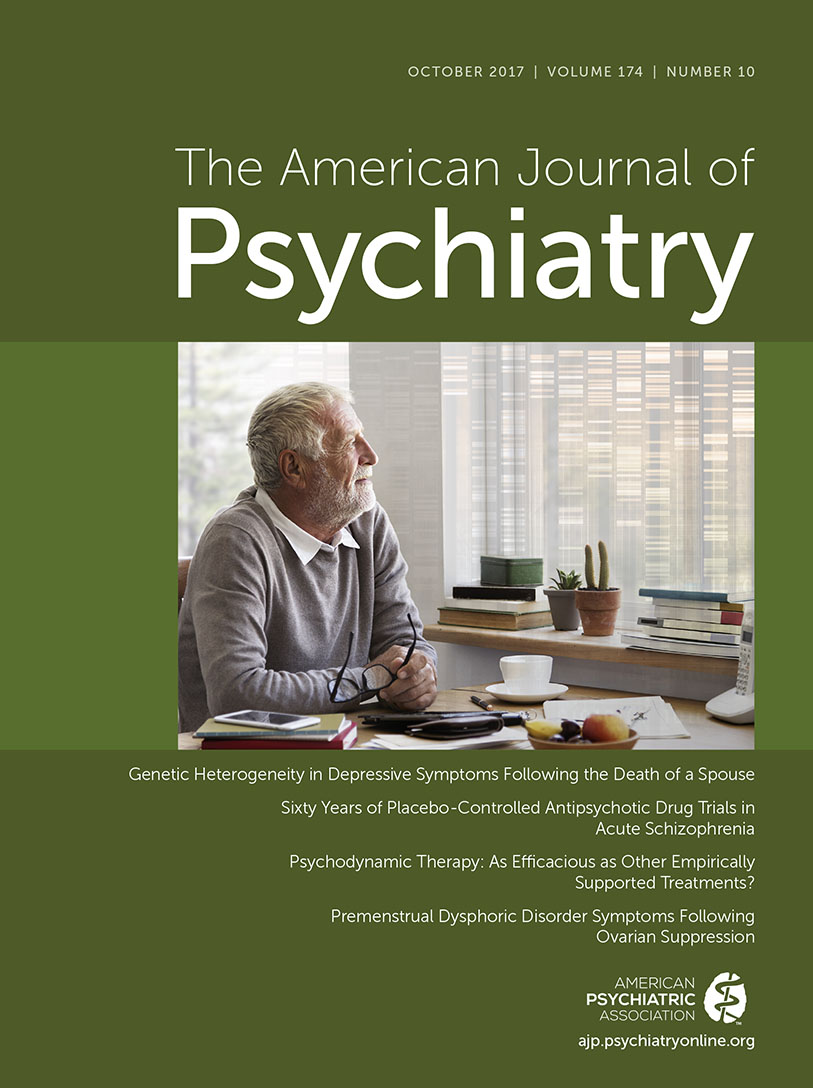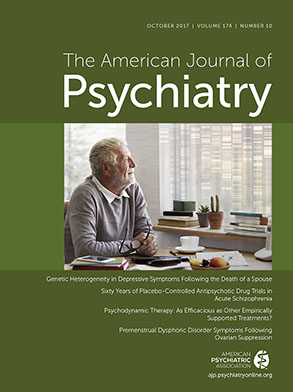Which of the following outcomes was observed in this report of a patient with treatment-resistant schizophrenia who had pharmacogenetic testing?
A.
The testing provided information on specific doses which were tolerated by the patient
B.
Genetic testing recommendations identified the most efficacious choice for the patient
C.
Rapid improvement on clozapine contradicted the recommendations from the testing
D.
The patient continued to be treatment unresponsive as confirmed by the testing
“Mr. A” is a 25-year-old man with schizophrenia who was admitted to the university hospital on an involuntary basis. The patient was brought to the hospital by police because of bizarre behavior at his residential care facility, which included opening all the windows and cabinets in the common areas and leaving a gas stove on and unattended. At the time of admission, Mr. A was distressed by command auditory hallucinations. On the inpatient unit, he tried to stab himself with a pen, and he stated that he was responding to “20,000 voices.”
Mr. A was born full-term and met normal developmental milestones. His psychotic symptoms began at age 16, manifesting initially as disorganized speech and behavior and later as auditory hallucinations and bizarre delusions. Mr. A’s mother had been diagnosed with and treated for schizophrenia, albeit at a later age; her treatment history is unknown.
Mr. A’s medication treatment began at age 16, and significant improvement was seen with olanzapine at 40 mg/day. However, 3 years later, Mr. A had a severe exacerbation of psychosis, and his family noted that his psychotic symptoms were more pronounced than in the past. Subsequently, Mr. A was hospitalized multiple times, during which repeated episodes of agitation and aggression required seclusion and restraints. He failed to respond to numerous psychiatric medications, including lithium, valproic acid, citalopram, haloperidol, haloperidol decanoate, olanzapine, ziprasidone, paliperidone, and long-acting injectable paliperidone, as well as combinations of these.
Because of Mr. A’s deteriorating mental state, his outpatient psychiatrist ordered pharmacogenetic testing, via a mail-order saliva test, in hopes of better understanding his treatment resistance. The pharmacogenetics laboratory advertising indicated that its reports were designed to help clinicians make more effective prescribing decisions that are “personalized” for each patient and would allow clinicians to prescribe “the right drug at the right dose” rather than operating through trial and error. On his current admission, both his family and his case worker provided the pharmacogenetics results to the team and insisted that the team utilize the information outlined in the report to guide Mr. A’s medication management.
The team considered his documented history of antipsychotic resistance and concluded that a trial of clozapine would be the next appropriate step. Unfortunately, Mr. A’s family and outpatient provider vehemently disagreed with this recommendation, as it strayed from the recommendations delineated in the pharmacogenetics report. Mr. A’s pharmacogenetic test profile identified him as a heterozygous carrier for a single-nucleotide polymorphism in the DRD2 gene. Further evaluation of the test profile revealed that the specific variation in the DRD2 genetic locus predicted “a poor response” to olanzapine, risperidone, and clozapine. Several other genetic loci, including UGT2B15, CYP2C19, CYP2D6, HLA-B15.02, HTR2C, and MTHFR, were also characterized in the genetic profile.
Nonetheless, Mr. A’s case was discussed with the university medical director, and a consensus was made to try clozapine, to which the patient consented. Mr. A subsequently had a rapid improvement on 400 mg/day of clozapine in divided doses. The family confirmed his progress, and he was subsequently discharged to a residential care facility, where he gradually returned to his previous level of autonomous functioning. He tolerated the clozapine quite well overall, but he developed a mild neutropenia, which was successfully managed using lithium (
1).

